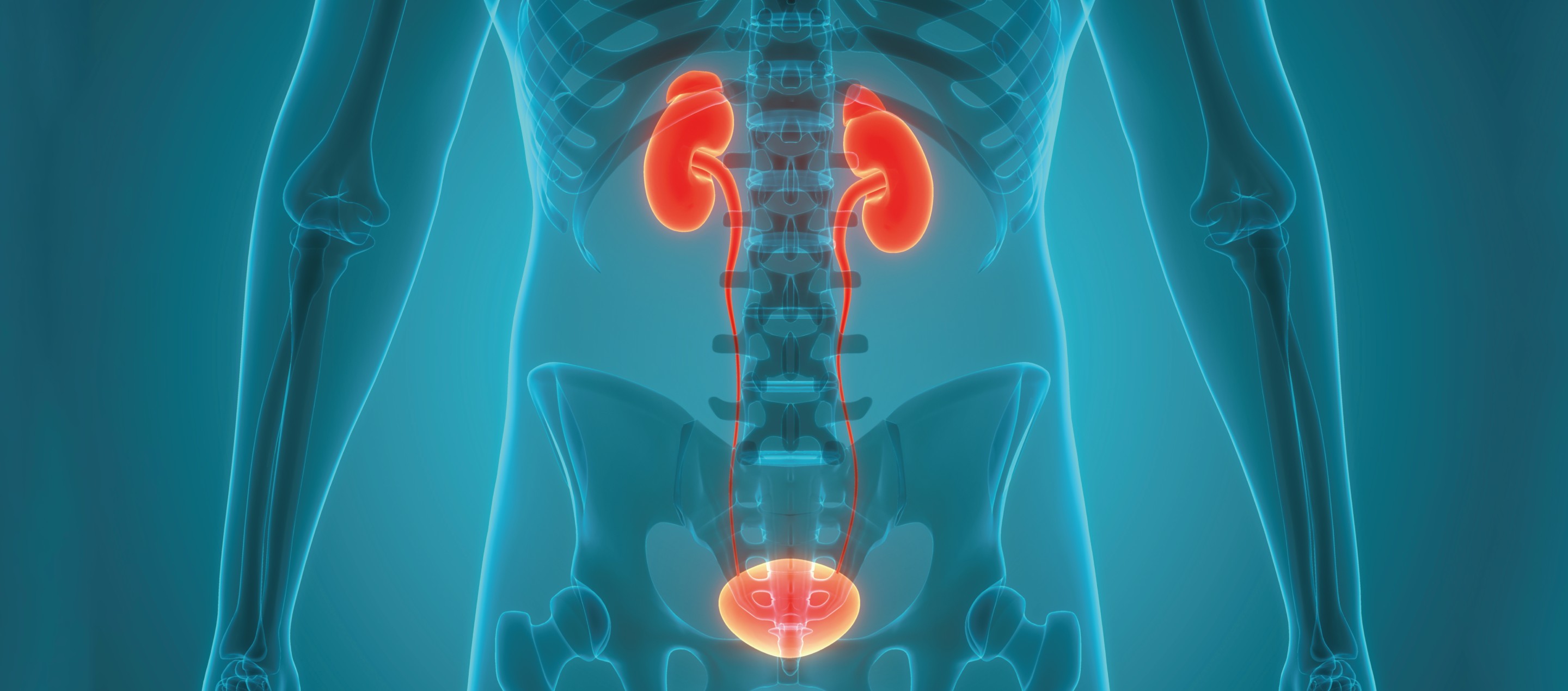
What is kidney stone?
A kidney stone is a crystal formed by the minerals in the urine. Dietary habits, obesity, certain medical conditions, or certain medications and supplements can all contribute to the formation of kidney stones.
Does it hurt?
If a kidney stone remains in the kidney, it usually does not cause any symptoms. However, when the stone slides down into the ureter and blocks the urine flow, patient might experience acute renal colic, which causes severe pain from the lower back to the lower abdomen and groin.
How to treat kidney stone?
Treatment of kidney stones depends on the size, location, number of the stones and the severity of urinary flow obstruction. The condition can be treated by Extra-Corporeal Shock Wave Lithotripsy, Ureterorenoscopic Lithotripsy, or Percutaneous Nephrolithotomy, etc.
Myth & Truth (1) – Not drinking enough water may cause kidney stone?
Yes, drinking too little water is the main cause of kidney stones. It is recommended to drink two liters of water every day to reduce the risk of kidney stones.
Myth & Truth (2) – Taking calcium supplements may increase the risk of having kidney stone?
Excessive elemental calcium (such as calcium tablets) can increase the risk of kidney stones, therefore it may be more appropriate to refill calcium loss through foods naturally.
Myth & Truth (3) – Having kidney stone may effect male sexual function?
Kidney stones usually do not affect male sexual function. However, when kidney stones cause long-term urinary obstruction, which in turn affecting the kidney function, it can indirectly affect sexual function.










